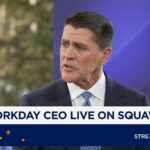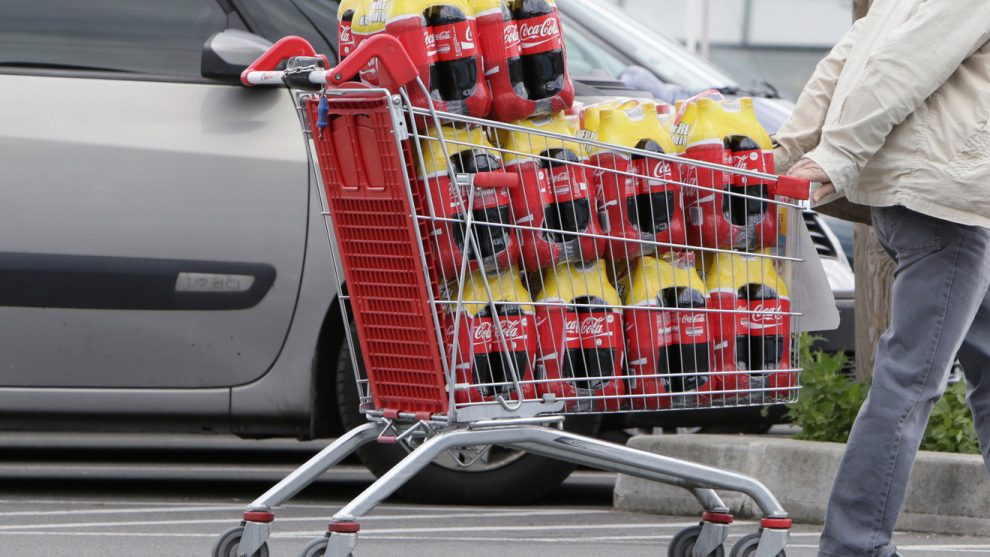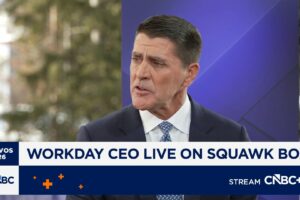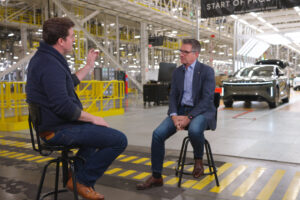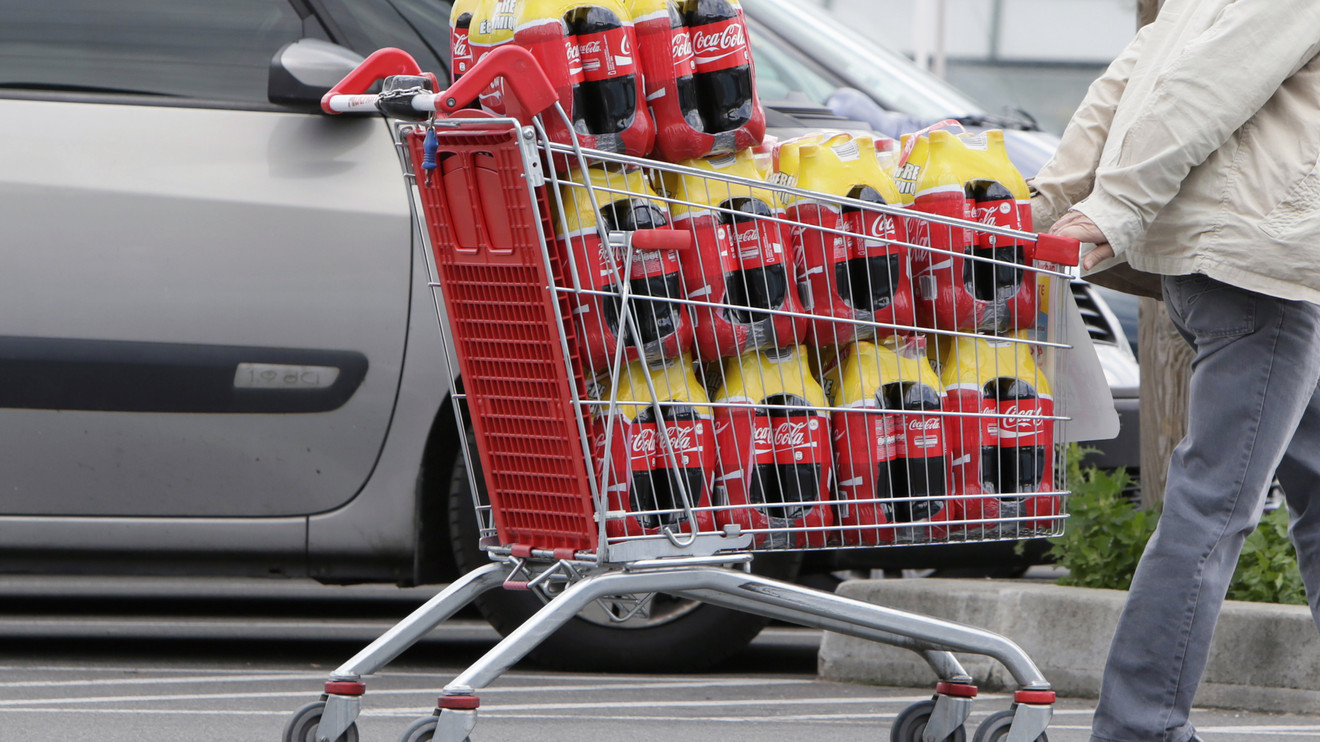
Coca-Cola Co. has exited the Plastics Industry Association, and PepsiCo Inc. plans to leave the lobbying group, moves that come amid mounting scrutiny of the amount of plastic that food and beverage businesses produce.
The food and beverage giants told Dow Jones Newswires on Tuesday of their decision, following a statement from environmental group Greenpeace that said Coca-Cola KO, +6.07% and PepsiCo PEP, +0.35% intended to leave the association.
“We withdrew earlier this year as a result of positions the organization was taking that were not fully consistent with our commitments and goals,” a Coca-Cola spokeswoman said.
PepsiCo said its membership in the Plastics Industry Association would end at the close of this year. It originally joined to learn more about innovating with materials, a PepsiCo spokeswoman said.
“We do not participate in the policy advocacy work of the association or its subsidiaries, and our membership will conclude at the end of this year,” the spokeswoman said.
The Plastics Industry Association has come under fire from environmentalists for lobbying to prevent plastic-bag bans in the U.S. The American Progressive Bag Alliance, an arm of the group that advocates against those bans, argues that conventional plastic has the least environmental impact compared with other bags, requiring 70% less energy and 96% less water to make than paper bags, according to its website.
It said that the Coca-Cola’s and PepsiCo’s moves stem from pressure from Greenpeace.
“This is unfortunate — consumer brands are integral to making sustainability commitments into realities, by working with their suppliers to make lasting change,” a Plastics Industry Association spokeswoman said.
Coca-Cola’s and PepsiCo’s decisions to exit the lobbying group also come as consumer-goods companies are boosting their recycling efforts in the face of pressure from increasingly environmentally conscious consumers. Millennial consumers are especially concerned with how eco-friendly a product is, according to a survey by market intelligence firm Nielsen, which found 73% of millennials would pay more for sustainable products compared with 66% among all generations.
Last year, Coca-Cola partnered with the Ellen MacArthur Foundation to reduce its consumption of plastic and disclosed the amount it used in packaging. Coca-Cola said it had a plastic packaging volume of around 3 million metric tons in 2017, the highest among the companies that disclosed.
Coca-Cola said it aims to reach 100% recyclable, reusable or compostable packaging by 2025 and that more than 87% of its packaging is already completely recyclable. The company has a target of 50% recycled material in all its packaging by 2030.
From the archives (September 2018): Microplastic pollution is in the skies as well as the oceans, research finds
PepsiCo has said it planned to achieve 100% recyclable beverage containers and it will use 25% recycled plastic by 2025. It didn’t disclose how much of its current packaging is recylable. PepsiCo also partnered with the foundation to reduce its plastic consumption but didn’t disclose its volume.
This story previously appeared on Dow Jones Newswires.
Follow Dieter Holger on Twitter @dieterholger.


